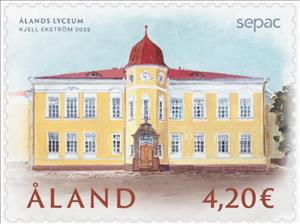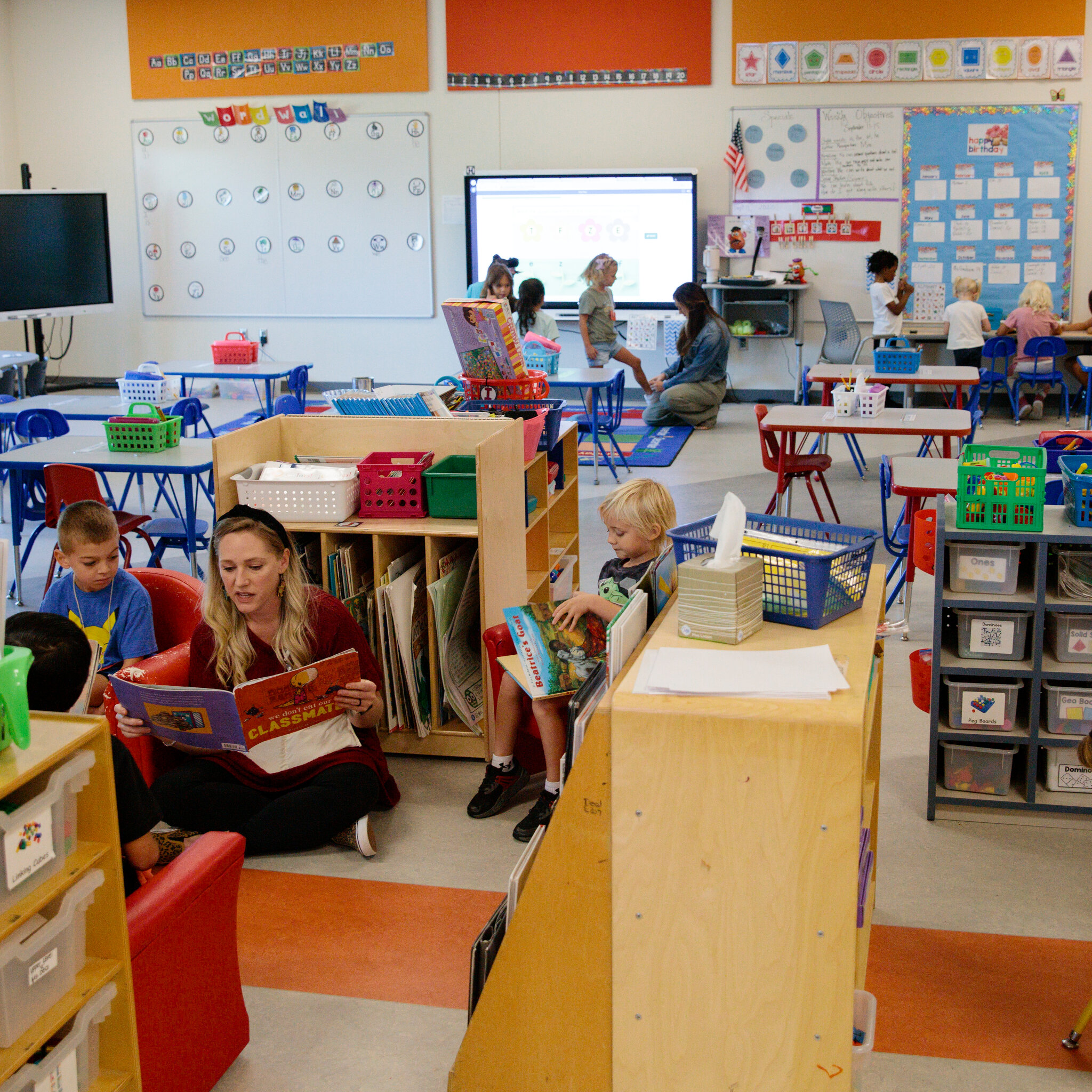Stamp: SEPAC 2025 : Åland Lyceum (Åland Islands 2025)
SEPAC 2025 : Åland Lyceum (Åland Islands 2025)
09 May (Åland Islands ) within release SEPAC 2025 : Åland Lyceum goes into circulation Stamp SEPAC 2025 : Åland Lyceum face value 4.20 Euro
| Stamp SEPAC 2025 : Åland Lyceum in catalogues | |
|---|---|
| Colnect codes: | Col: AX 2025.05.09-02 |
Stamp is horizontal format.
Stamp SEPAC 2025 : Åland Lyceum it reflects the thematic directions:
Architecture (Latin architectura, from the Greek ἀρχιτέκτων arkhitekton "architect", from ἀρχι- "chief" and τέκτων "builder") is both the process and the product of planning, designing, and constructing buildings and other physical structures. Architectural works, in the material form of buildings, are often perceived as cultural symbols and as works of art. Historical civilizations are often identified with their surviving architectural achievements.
A building or edifice is a structure with a roof and walls standing more or less permanently in one place, such as a house or factory. Buildings come in a variety of sizes, shapes and functions, and have been adapted throughout history for a wide number of factors, from building materials available, to weather conditions, to land prices, ground conditions, specific uses and aesthetic reasons. Buildings serve several needs of society – primarily as shelter from weather, security, living space, privacy, to store belongings, and to comfortably live and work. A building as a shelter represents a physical division of the human habitat (a place of comfort and safety) and the outside (a place that at times may be harsh and harmful).
A school is both the educational institution and building designed to provide learning spaces and learning environments for the teaching of students under the direction of teachers. Most countries have systems of formal education, which is sometimes compulsory.In these systems, students progress through a series of schools that can be built and operated by both government and private organization. The names for these schools vary by country (discussed in the Regional terms section below) but generally include primary school for young children and secondary school for teenagers who have completed primary education. An institution where higher education is taught is commonly called a university college or university.



